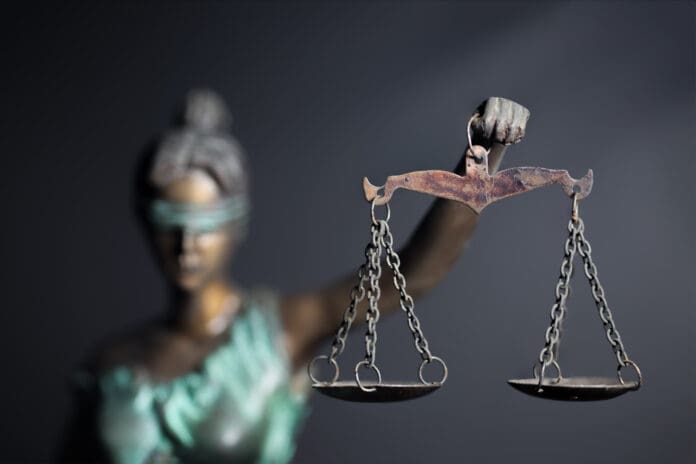
Decades ago, the chief judge of the New York Supreme Court said that any decent prosecutor could get a grand jury to indict a ham sandwich. Grand juries were originally designed to keep people who don’t belong in court out of court, and then once in court, another jury is there to keep people who don’t belong in prison out of prison. But, the system isn’t perfect.
Experts are involved at every step in the process, and it’s their job to manipulate the average Joes and Janes who get invited to participate in the process. Going into that maelstrom without at least one expert on your side is a recipe for a prison sentence.
Police, on the other hand, have enjoyed a lot of protection from prosecution over the decades. Most police officers, sheriffs deputies, troopers and other cops are good people who are trying their hardest to make the communities they serve better and safer, but there are occasions where we’ve seen the lazy, the cowardly and the inept take advantage of legal protection the system has provided.
One of the more controversial protections law enforcement has enjoyed came from the Warren v. District of Columbia decision. In that decision, the court ruled that police do have a general duty to protect the community, but not specific duty to any particular individual. So, when a police officer like the “Broward Coward” gets acquitted for failing to protect students, we shouldn’t be particularly surprised. Police are legally protected from their failures in ways people in other industries are not.
But, this protection can’t last forever in the face of public criticism. The recent indictment of Uvalde School District Police Chief Pete Arredondo shows us that citizens are prepared to ignore that argument and indict anyway. We don’t know what’s going to come next, as the argument of “no duty to protect” could win in court. Or, Arredondo and others in his boat could prevail upon appeal, perhaps even to the Supreme Court. Only time will tell.
One thing that’s for sure at this point is that the general population has had it with “no duty to protect.” Regardless of where people stand on the gun control debate, the botched non-response to the Uvalde shooting is almost universally condemned. Sure, the anti-gun crowd disingenuously uses this as an argument against “good guys with guns,” but they don’t believe that Arredondo and others did the right thing that day.
Institutions like the Supreme Court and all of the lower courts that are supposed to live by their opinions aren’t supposed to change their minds when the winds of public opinion shift. But, when a wider climactic change happens in public opinion, the law can change. Roe v. Wade fell in 2022 after decades of effort by pro-life groups. Gun control is in the process of falling after the NYSRPA v. Bruen decision upended decades of anti-gun rulings. Going further back in history, there are plenty of examples of legal interpretation changing with the times, including the end of “separate but equal” in education and the Dred Scott decision (widely considered to be the worst ruling the Supreme Court ever made). That last one required constitutional amendments, but change came.
I think we’re reaching the end of the days where cowardly and inept law enforcement can get away with neglecting the very real duty to protect. The Supreme Court might have ruled that they don’t have a specific duty to protect specific people, but We The People largely don’t agree with that. This may be the case that ends up breaking that bad legal framework and replacing it with the duty that all good law enforcement officers already feel in their hearts.
The depressing thing is that it required such an epic failure to even get this process started and send a truly heinous problem on a years-long journey back up to the court. As a society, we shouldn’t have to wait for decades and let such a senseless slaughter occur on the public watch before we step up and demand change.
Read the full article here
